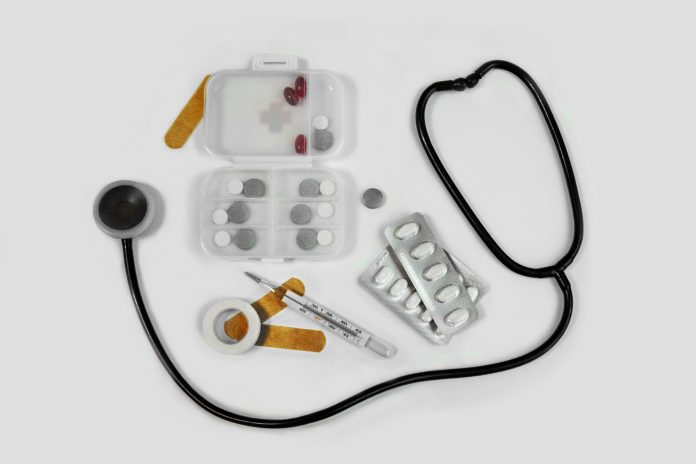A groundbreaking medical trial involving ketamine in Australia and New Zealand offers hope for those living with treatment-resistant depression.
Ketamine, often associated with anaesthesia, has been investigated for its potential antidepressant effects in treatment-resistant depression patients.
Earlier studies suggested its effectiveness, but this phase 3 trial, with its rigorous protocols and larger sample size, provides more robust evidence.
The trial involved two groups: cohort 1 received a fixed-dose of ketamine whilst cohort 2 received an adjusted dose based on their response to the treatment.
Interestingly, it was cohort 2, those with the response-guided dosage, who showed superior benefits, with almost 20% achieving remission compared to just 2% from a control group given midazolam, a sedative.
This suggests that flexibility in dosing might play a pivotal role in achieving better results.
Despite some initial side effects such as temporary increases in blood pressure and psychotomimetic effects (changes in perception), these resolved within two hours and ketamine was generally well tolerated.
The trial did have its limitations, including having to adjust the dosing protocol mid-way due to efficacy concerns and disruptions caused by the COVID-19 pandemic.
The study also didn’t address the long-term effects of continued ketamine administration, an area that researchers note warrants future investigation.
It’s important to note that a quarter of the study participants had failed to respond to even electroconvulsive therapy, highlighting the severity of their depression. Yet, the benefits of ketamine were clinically and statistically superior to midazolam, even in this extremely treatment-resistant population.
The study holds substantial significance for the medical field.
Unlike intranasal esketamine, which has been substantially studied, racemic ketamine hadn’t been examined in such depth for treatment-resistant depression until now.
The impressive results offer a beacon of hope for those patients for whom traditional depression treatments have failed.
Going forward, researchers recommend future studies to include individualised dose titration with more rapid escalation steps.
This way, the full antidepressant effect of ketamine can be achieved earlier, providing much-needed relief to those battling with treatment-resistant depression.


